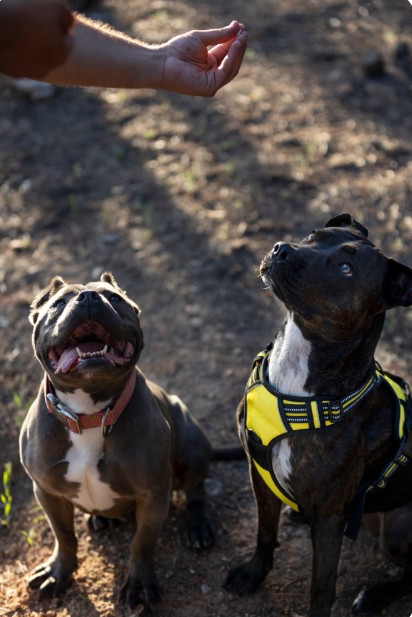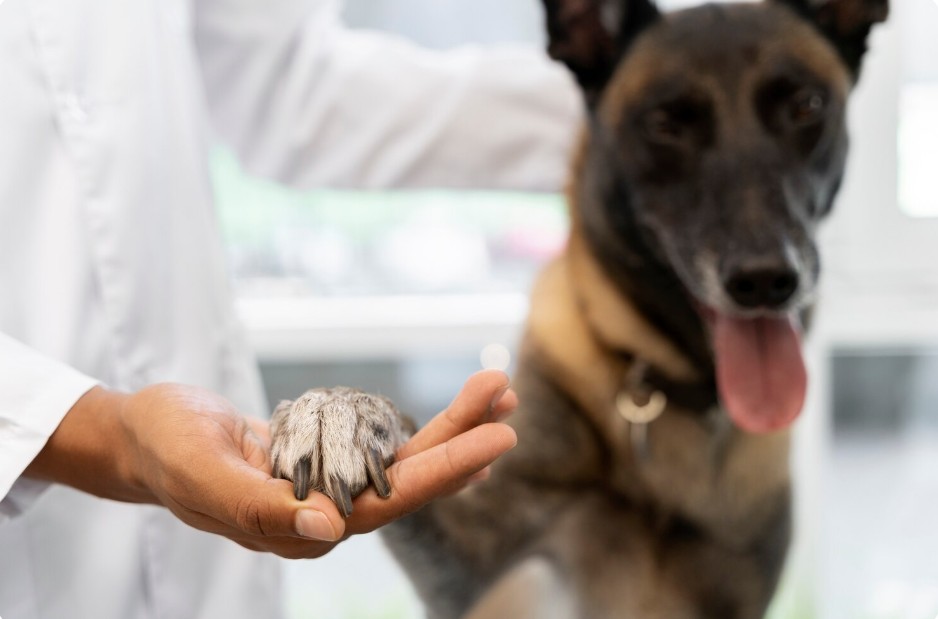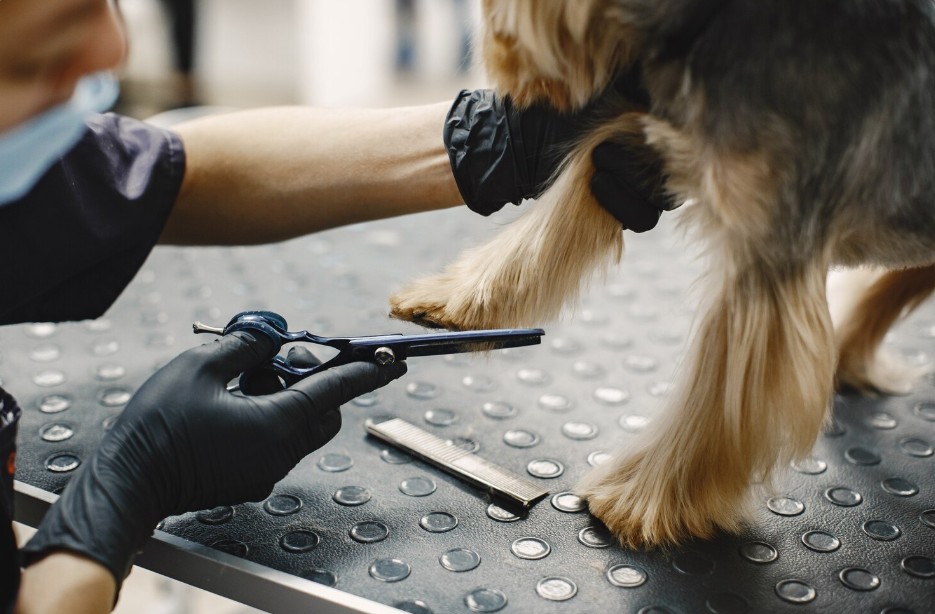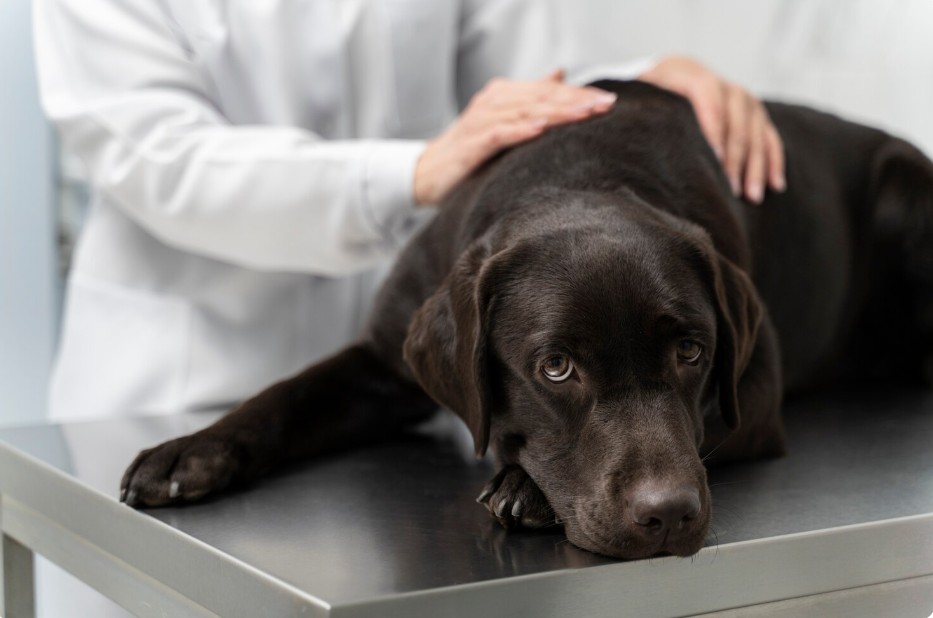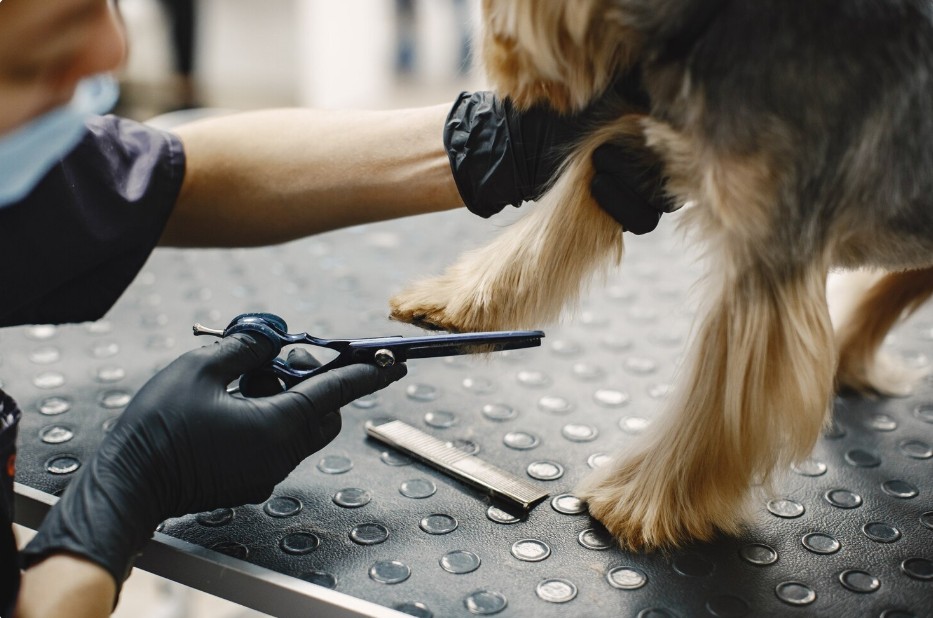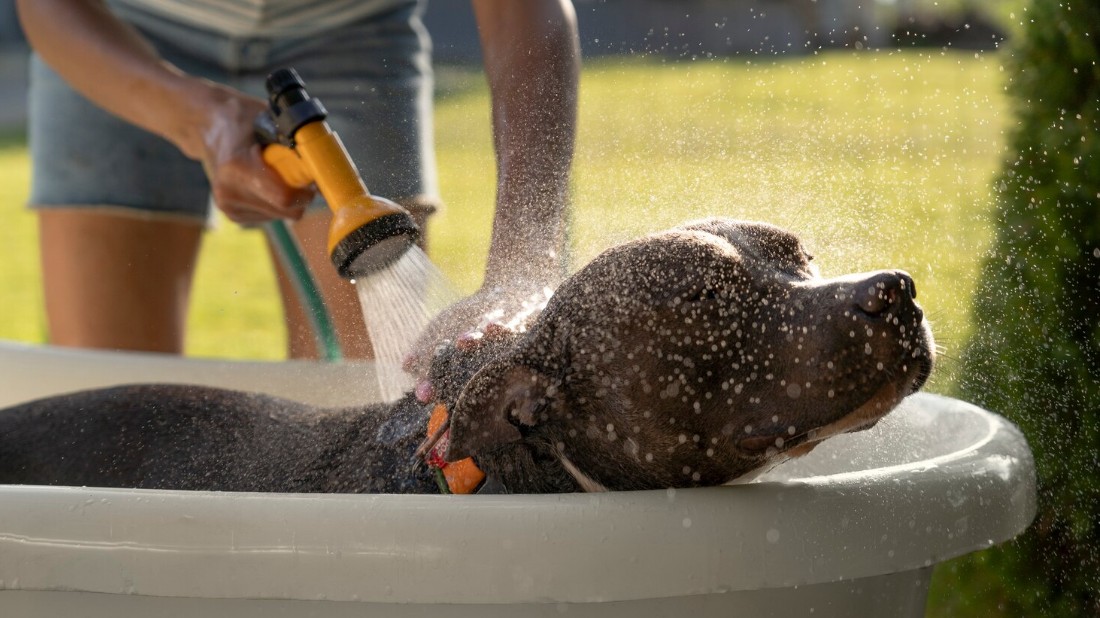A healthy dog is a happy dog, and one of the keys to ensuring the overall wellness of your dog is feeding them correctly. Just like humans, dogs also need a balanced diet to support energy, maintain a healthy weight, ensure shiny coats, and boost immunity. However, with so many dog foods and treats to choose from, pet parents find it confusing to decide which ones are healthy for their pup.
Here’s your guide to understanding healthy dog nutrition and feeding tips
Understanding Your Dog’s Nutritional Needs
Dogs are generally omnivorous, meaning that they can use both animal and plant-based foods. The key is to find a balance to ensure your pet receives enough protein, fat, carbohydrates, vitamins, and minerals.
Protein: Necessary to grow and maintain muscle, repair muscle damage, and support overall body function. Some clean sources include chicken, beef, fish, lamb, and turkey.
Healthy fats: Provide energy, boost brain power, and help maintain shiny skin and coats. Omega-3 and omega-6 fatty acids from fish oils, flax, or chicken fat will be beneficial.
Carbohydrates: Provide energy and help to maintain a healthy digestive system. Opt for whole grains (brown rice, oats, and barley) or starchier veggies (sweet potatoes, peas).
Vitamins & Minerals: Critical for a strong immune system, healthy bones, and functioning organs. While many high-quality commercial dog foods include these, fresh vegetables and select fruits can make healthy choices.
Choosing the Right Dog Food
When choosing dog food, always look for the "complete and balanced" nutrition as per AAFCO (Association of American Feed Control Officials) standards. This will ensure that your furry friend is getting all the major nutrients in the correct ratio.
Dry Kibble: A convenient, long-lasting option for maintaining dental health when combined with teeth brushing.
Wet food: Tends to be more palatable and has a higher water content, but it can be bad for their teeth, so it needs to be balanced with proper dental care.
Fresh and raw diets: Many pet parents serve their furry companions lightly cooked or raw meals, made with fresh ingredients. However, we suggest consulting a vet or canine nutritionist before choosing this diet to avoid deficiencies.
Breed-specific formulas: They are specially designed to support certain breeds based on their size, metabolism, or health concerns.
Tip: Avoid dog foods with too many fillers (corn, soy, wheat), artificial colors, or unnamed meat by-products.
Healthy Add-Ons to Your Dog's Diet
Vegetables: Carrots, green beans, cucumbers, broccoli, zucchini (steamed or raw in small quantities).
Fruits: Blueberries, apples (without seeds), watermelon, and banana slices in small amounts.
Good fats: A teaspoon of fish oil or flaxseed oil, a few times a week, can help with coat quality.
Plain yogurt or kefir: Good source of probiotics for digestive health (unsweetened and dairy-tolerated)
Avoid giving your dog foods like chocolate, grapes, raisins, onions, garlic, macadamia nuts, and avocado, as these can cause harm.
Other Important Links - https://www.justiceforleia.com/blog/is-a-raw-diet-right-for-your-dog/
Feeding Tips for a Healthier and Happier Dog
1. Feed depending on age, size, and activity level: Puppies need more protein and calories for growth; seniors tend to need lower-calorie, lower-protein diets with joint support.
2. Maintain a feeding routine: Regular times for meals work better for their digestive system and actions. Adult dogs are able to eat less frequently with two meals per day.
3. Portion control: Overfeeding can result in obesity, while underfeeding may cause nutrient deficiencies. Follow the guidelines on the dog food packaging and tailor this based on your pet’s needs.
4. Provide fresh water at all times: Water is necessary for digestion, temperature control, and organ health.
5. Keep treats to 10% of daily calories: Treats are for good behavior, not a meal substitute.
6. Transition foods slowly: When transitioning your dog to a different diet, mix their existing food with the new food over a period of 7-10 days, to avoid stomach upset.
One of the greatest ways to show your dog love is by feeding them well. Proper nutrition ensures that your pup remains by your side, living a healthy life full of playfulness and exploration for many years to come.

